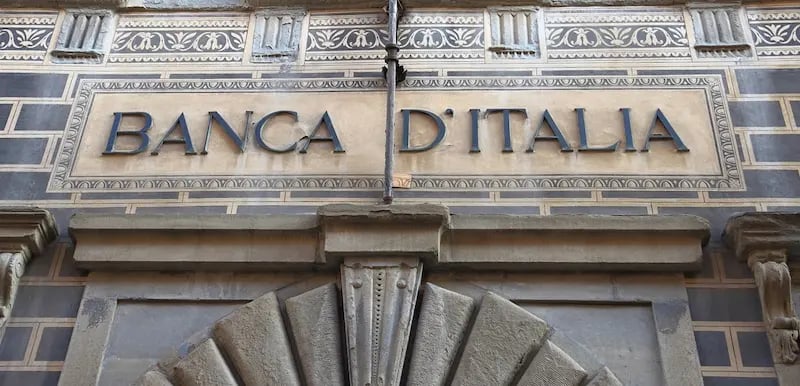Exus Blog Article
What can emerging markets learn from the Italian banking crisis?

The story
The constitutional crisis in Italy was induced by the March general elections, which saw anti-establishment parties Lega and the Five Star Movement grow dramatically in vote share. Both endorsed an economic plan that hinged on Italian withdrawal from the EU.
Over the last two months, political grandstanding by the parties involved has caused concern across the Eurozone - and rightly so. The financial stability of the European Union is at stake.
Italy accounts for a fifth of the Eurozone’s economic activity - too much to be ignored, and possibly too much to be saved. Italy has the third-largest economy in Europe - but also the second-largest national debt at 132% of GDP, and its banks are burdened with high levels of non-performing loans.
Under these circumstances, an Italian exit from the Eurozone would see interest rates on Italian debt accelerate, demanding a major restructuring of Italian debt, a potential failing of the banks that hold around 45% of Italy’s treasury debt, and a potential economic catastrophe for Italy and her creditors.
The Italian situation serves as a warning and a learning opportunity for recovering and developing economies elsewhere in the world. In particular, India - which is particularly troubled by non-performing loans - can stand to learn a lot from Italy’s missteps.
The EXUS view
For the time being, Italy will remain in the Euro, according to new finance minister Giovanni Tria - who has also prioritized cutting back on Italian debt levels. Investors are beginning to buy back into Italian banks, with share prices in the largest (UniCredit and UBI Banca) up by 4-5%. Confidence in these institutions is up following threats of a credit rating downgrade for twelve major Italian banks.
However, Italian banks cannot afford to rest on their laurels, despite their success in cutting back 25% of their non-performing loans and creating a viable market for debt sales.
The problem is that debt sales don’t solve the underlying problem - they merely pass the buck away from the seller, in much the same way as the 2017 Italian banking bailout protected senior creditors and depositors. While the financial market is reassured, the debt still exists. The money isn’t reclaimed. The bank may have a clean portfolio, but that means there’s less potential income. Focusing on collecting debts and wrapping up NPLs would recover funds and bring much-needed liquidity back into the banking sector.
It’s time for Italy’s banks to face up to the problem of delinquent loans, and invest in systems that can collect more effectively. Italy has seen a recent boom in innovative financial technology, including new SME loan provisions from online providers Lendix, digital banking via Hype, app-based insurance through Neosurance, and mobile transactions through Satispay. This emergence of online and mobile solutions suggests a drift toward - and a demand for - money to move with greater agility, and at the behest of consumers rather than institutions.
There’s no reason why debt collections can’t follow suit. While non-performing loans are undoubtedly a problem for the Italian banking sector and the country as a whole, the debtors themselves are still customers. They need to be served and managed with the same attitude as anyone else who does business with the banks, rather than treated as an institutional and national problem to be overcome.
Italian business is often unstructured, informal, and conducted outside the usual channels of communication. A customer-facing system for managing and collecting debts sits more comfortably in Italian business culture than an institutional approach, in which banks demand money back for their own use.
The Italian situation is a learning opportunity. The political crisis arose from populist parties expressing opposition to institutions that don’t appear to care about citizens. Italian banks have fed this perception with their emphasis on the needs of the financial sector rather than the efficient management of consumer debt.
Had the banks focused on recovering debt rather than selling it off, the situation in Italy could today look very different.
